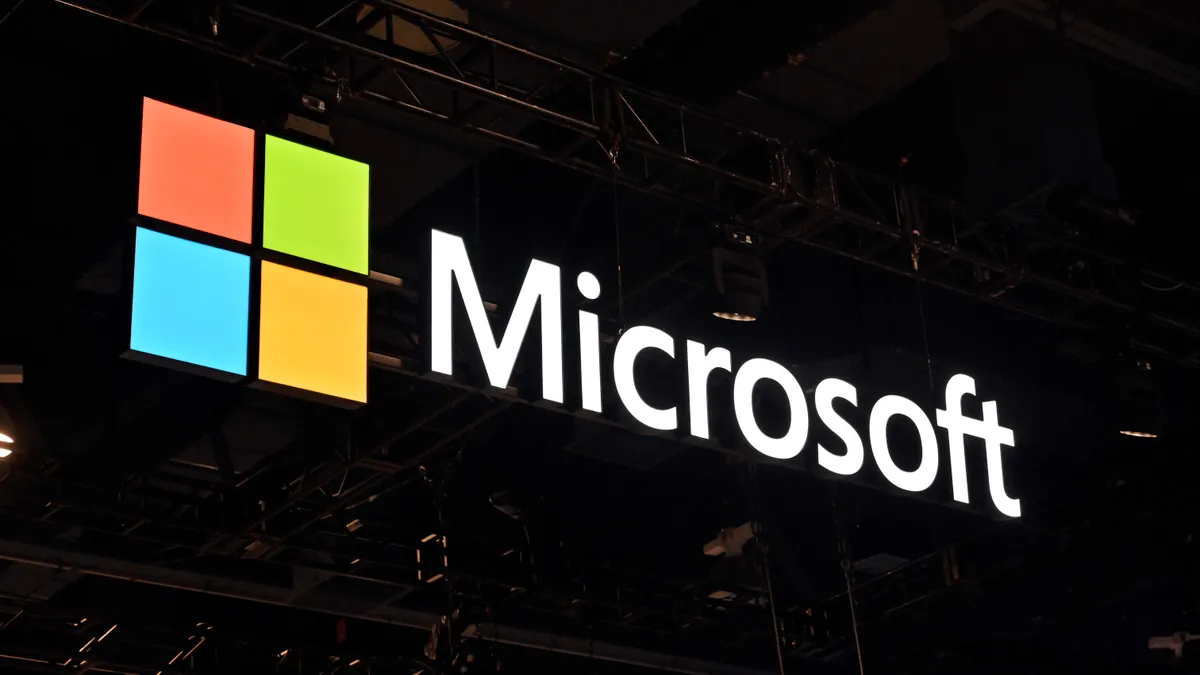Dominant companies like Microsoft and Apple are finding ways to buy their way into cutting-edge generative AI technology without triggering federal Hart-Scott-Rodino antitrust reviews, Luis Blanquez of Bona Law says. They’re avoiding acquisitions and instead using agreements with startups to get the technology and talent they need to stay on the leading edge of AI.
“Big Tech keeps thinking outside the box to find ways to enter the AI market,” Blanquez says in an analysis of recent AI deals. Bona Law focuses on competition and antitrust law.
Creative thinking is needed because the Department of Justice and the Federal Trade Commission have been aggressive enforcing antitrust laws under the Biden administration.
The FTC used HSR reviews to flag almost 40 proposed acquisitions between 2021 and 2023 with market-chilling results, says Blanquez, drawing from an update FTC Chair Lina Khan sent to Congress. Nineteen ended up being abandoned, 14 required divestitures to win approval, and the remaining handful are pending.
“With the antitrust agencies’ appetite to block such transactions, venture capital companies and investors in the AI industry are thinking twice before risking their money on a startup,” he says.
That kind of hesitation risks freezing innovation just as AI is becoming a transformational technology, he says.
“Unless they specifically know that company is going public … the risk that VCs and investors see to get the deal blocked by either the FTC or DOJ is just too high, regardless of the potential these startups might have,” he says.
Bypassing review
Big tech companies have hit on a few ways to avoid HSR scrutiny, although federal regulators have indicated they’re aware of what the companies are doing and they might yet end up taking action at some point. But for now, companies are finding ways to get what they want.
In March, Microsoft entered into a deal to license the technology of Inflection, a company launched in 2022 to help users use a back-and-forth conversation with PI — a personal intelligence app — to work their way through problems. The technology uses its ability to remember a conversation to make it seem to the user they’re getting a personalized response from the bot.
In the deal, for $620 million, Microsoft gained non-exclusive rights to put the technology on its Azure platform and for another $30 million, it gets to poach the company’s key talent.
“Microsoft didn’t formally need to make an offer to acquire Inflection,” Blanquez says. “Technically, Inflection remains an independent company.”
In deals involving OpenAI, both Microsoft and Apple have relationships with the company that give them access to its generative AI technology without either one having to use an acquisition to get it.
Microsoft in 2020 invested $10 billion in the company, giving it a 49% stake and a commanding use of OpenAI’s technology without having to buy control.
In Apple’s deal, from earlier this year, the company created a partnership with OpenAI to integrate ChatGPT into its devices.
Both Microsoft and Apple are tapping into OpenAI’s technology in ways that help keep them ahead in the AI race without having to use an acquisition to do it, he says.
DOJ and the FTC are looking into these and other deals.
Microsoft’s agreement to license Inflection’s technology and poach its talent, for example, raises questions about whether Inflection remains an independent company, for all practical purposes, and whether a change-of-control registration must be filed. The deal could also be seen as a so-called reverse acqui-hire — that is, a transaction in which one company acquires another for the purpose of acquiring talent.
The FTC has subpoenaed Microsoft and Inflection to see if the deal amounts to a gun-jumping scenario in which companies engage in unlawful coordination in a deal that should have triggered a merger review.
In their deals with OpenAI, both Microsoft and Apple initially took board positions with the company only for both of them to abandon their seats out of concern it would raise an FTC review over interlocking directorates, even though in both cases the seats were non-voting.
“So far, they seem to be ahead of the enforcers,” Blanquez says. But a question the FTC and DOJ will seek to answer soon, he says, is whether “Big Tech [is] trying to get around HSR rules while they start entering the AI industry.”



















